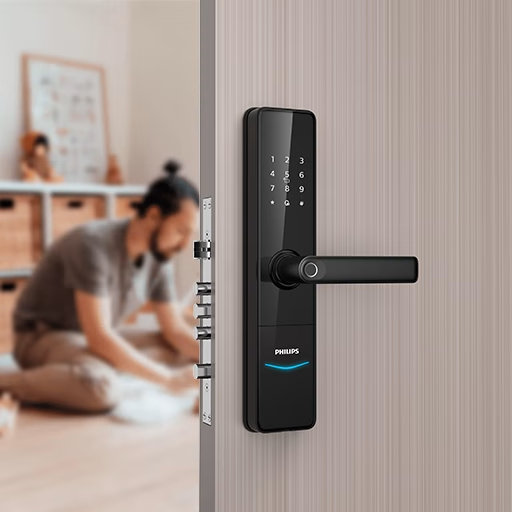Philips Smart Lock Technology offers stronger digital and physical home protection for Filipinos
Filipinos are embracing smarter ways to protect their homes. With more families turning to connected devices, traditional locks are being replaced by smart security systems that blend physical strength with digital intelligence.

The Philippines’ smart lock market is projected to grow by 21.1% annually, reaching nearly $9 million in 2025. The shift is driven by homeowners who want more than convenience. They want protection against modern risks, from theft to cyber threats.
Philips answers this demand with its advanced Smart Lock Technology, designed to protect homes and data. It merges intelligent hardware with encrypted systems to counter both physical and online attacks.
Each Philips Smart Lock is equipped with electromagnetic shielding that blocks Tesla coil interference. Its Bluetooth safeguards stop hackers from copying wireless signals. Identity verification adds another layer of security, ensuring that only authorized users gain access.
Network communication between the app and lock is encrypted with AES protection and mutual authentication. These prevent hackers from exploiting wireless protocols or launching remote intrusions. In case of an attack, remote unlocking is disabled until a secondary key verification is completed.
Philips also employs a multi-layered security architecture that includes intrusion detection, web firewalls, and continuous monitoring of its cloud infrastructure. These measures guard against tampering and data theft.
Beyond technology, Philips follows strict data privacy standards and global compliance protocols. Its systems meet local regulations and international benchmarks for cybersecurity and consumer protection.
Smart home security is now a key part of Filipino living. Philips Smart Lock Technology helps families feel safe whether they are home or away. By combining strong engineering and data protection, Philips builds trust and peace of mind for the modern homeowner.
